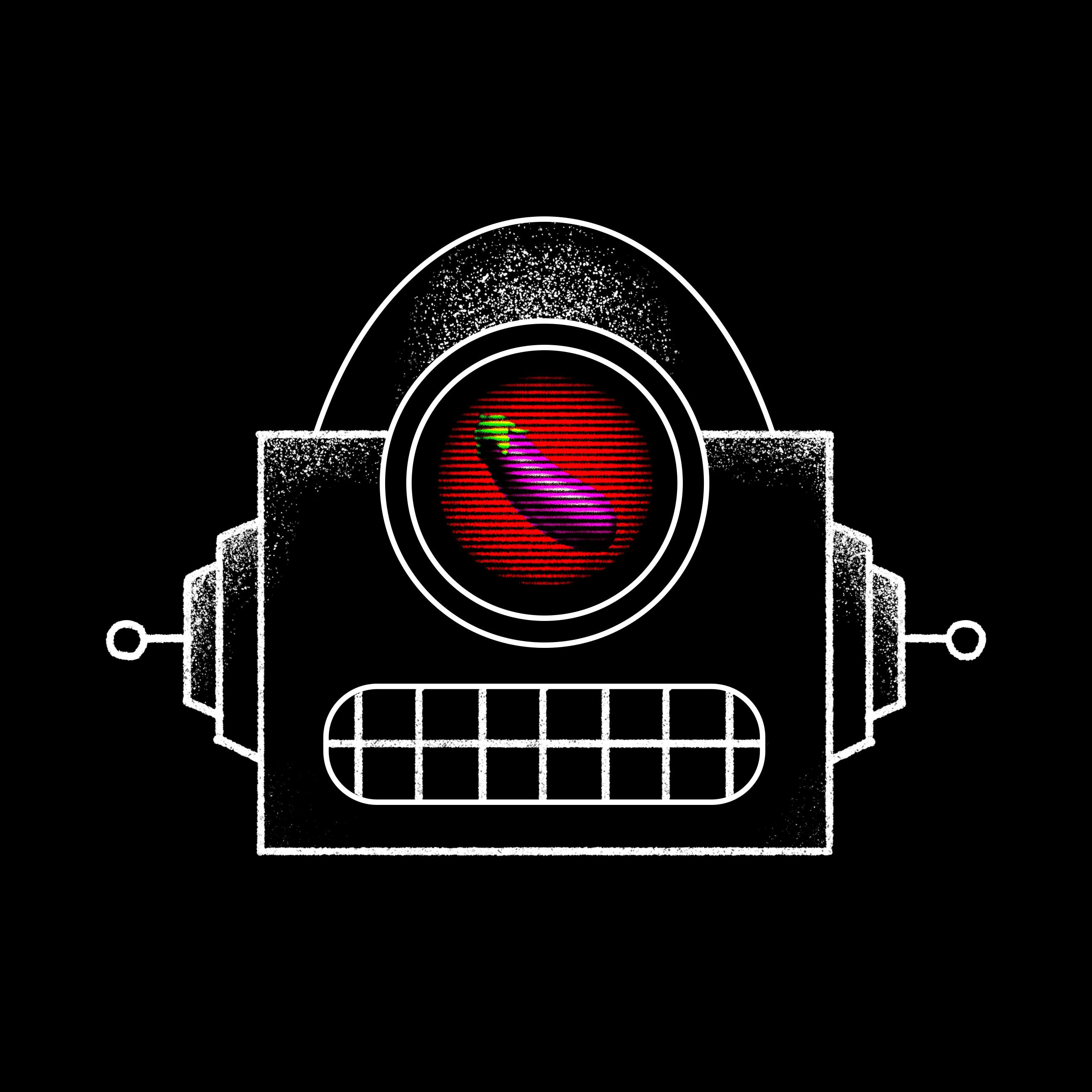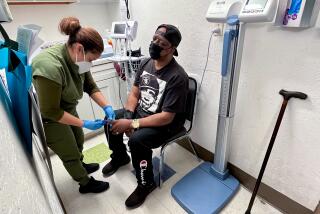Stethoscope meets smartphone and the heart knows it’s right
Call it a May-December romance: The oldest tool in a doctor’s kit (a stethoscope) meets the youngest (a smartphone). Together, they make hearts race.
They can hear, see, analyze and record those heartbeats too.
The Eko Core digital stethoscope aims to bring auscultation —- the ancient medical practice of listening to a patient’s heartbeat — squarely into the 21st century. It was cleared for sale in the U.S. this month.
The new-generation stethoscope wirelessly streams heart sounds to a smartphone app, which can save them to a patient’s electronic medical record. The record of a patient’s heartbeat can be viewed as a heart-sound wave form and shared with a cardiologist to get a second opinion.
The software that enables the transfer and visualization of the human heart’s whooshes, lub-dubs, gallops and rubs is designed to be compliant with the comprehensive patient privacy law called HIPAA. So is the device itself.
The stethoscope and its associated app are the inaugural offerings of Eko Devices, a start-up founded by a team of UC Berkeley engineering and business school graduates. Its three founders — 23-year-old Chief Operating Officer Jason Bellet, 23-year-old Chief Technical Officer Tyler Crouch and 25-year-old Chief Executive Connor Landgraf — are thought to be the youngest team ever to receive clearance from the Food and Drug Administration for a Class II medical device.
For healthcare professionals of their generation, a stethoscope that streams, records, analyzes and facilitates collaboration may be the most obvious thing in the world. But perhaps a physician prefers to listen to his patients’ hearts the old-school way? The new stethoscope can be shifted from digital to analog mode.
The first stethoscope was designed in 1819, and when it comes to such central medical traditions, physicians can be the ultimate traditionalists: They tend to love the stethoscope they trained with and keep it as a talisman. (These users have the option of adding a digital attachment to their analog instruments.)
The new-generation stethoscope “captures the heart sounds in a streamlined way that has never been done before,” said Dr. John Chorba, a cardiologist at UC San Francisco who is leading a clinical trial of the Eko device.
At 34, Chorba said he’s old-school enough that he prefers not to use such features as amplification. But, he said, “there are many times I would like to be able to re-listen to a patient’s heartbeat, and this gives me an opportunity to do that.”
Internal medicine residents at Stanford University will soon wield the new stethoscope as part of a larger pilot project.
Eko is also developing software to help physicians interpret what they hear, and to pick out abnormal heart sounds and murmurs. Called “Shazam for Heartbeats,” it will be included with the mobile app after undergoing a separate FDA review and completing trials, according to the Berkeley-based company.
The high-tech assistance couldn’t come too soon. Just last week, a study presented at the European College of Cardiology’s annual meeting found that cardiologists were unable to identify more than half of basic murmurs and about a third of advanced murmurs when they listened to them on prerecorded tapes.
The 1,098 heart specialists in the study were hardly slackers — all were recruited between 2011 and 2014 at the American College of Cardiology’s annual scientific sessions. Yet fewer than half could recognize prerecorded murmurs that signal aortic stenosis, aortic regurgitation, mitral stenosis or mitral regurgitation. They were a little better at identifying advanced murmurs associated with bicuspid aortic valve, mitral valve prolapse, combined aortic stenosis and regurgitation, and combined mitral stenosis and regurgitation.
“These findings confirm the widely held view that auscultation skills among cardiologists have eroded over time,” said Dr. Patrick T. O’Gara, past president of the American College of Cardiology and a co-investigator on the study.
But O’Gara and his colleagues also found that physicians improved when they connected the recorded sounds to images. After listening to 400 repetitions of each murmur while viewing cardiac images, including sound wave forms, they were able to recognize 88% of the basic murmurs and 93% of the advanced ones.
“For medical education purposes, it’s a great device,” Chorba said.
More speculatively, he said he was excited by the prospect that so much heartbeat data will be collected digitally, and may one day yield new clues about the heart’s workings and its pathologies.
The Eko Core is available for $299, and a digital attachment to upgrade an analog stethoscope costs $199. Older digital stethoscopes generally are priced at $300 to $500.
Follow me on Twitter @LATMelissaHealy and “like” Los Angeles Times Science & Health on Facebook.







